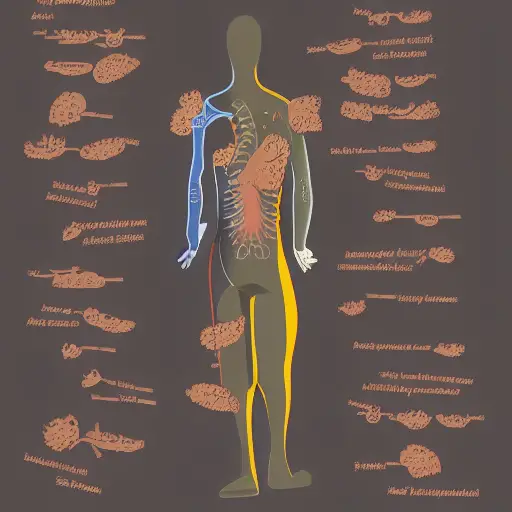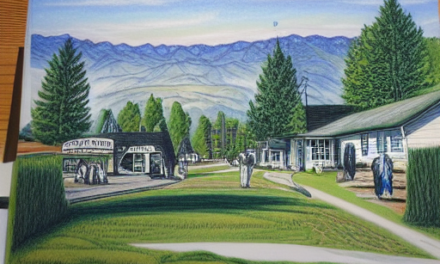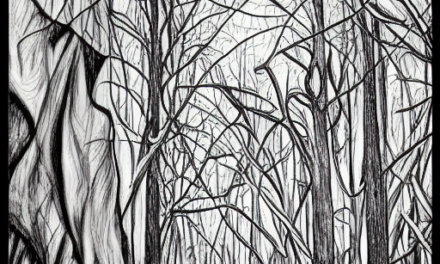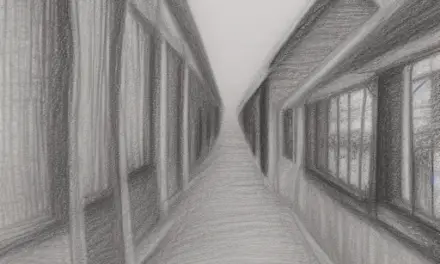There are several conditions that can affect your cat’s digestive system. These problems are caused by a variety of factors. The digestive tract is prone to infection by bacteria, viruses, and parasites. These conditions are spread in several ways, but the most common ones are direct contact and contaminated food.
Symptoms
Some cats can have a variety of symptoms that can be indicative of digestive problems. If your cat is having diarrhea or losing weight, this may be a sign of malabsorption, a condition that prevents the body from absorbing nutrients from food. If your cat is experiencing any of these symptoms, you should take your cat to the veterinarian for a thorough examination. Your veterinarian will be able to rule out other possible causes of the problem and may also prescribe medication or a special diet for your cat.
Other symptoms include abdominal pain, hunched posture, excessive grooming, and changes in behavior. Cats with digestive issues will not display all of these symptoms at once, but if they occur frequently, you should contact your veterinarian. The most common signs of GI problems in cats include loss of appetite, vomiting, and diarrhea. Less common symptoms include abdominal swelling, constipation, and problems chewing. Although this last symptom can be mild, it is a sign of a more serious issue.
Intestinal blockage is a life-threatening condition that prevents your cat from passing food and fluids through its digestive tract. Though it can be serious, many cats recover fully with prompt veterinary treatment. An obstruction in the intestines can reduce blood flow and cause tissue necrosis.
Other causes of digestive problems in cats include kidney failure and an overactive thyroid gland. Diagnosis is crucial as treatment will depend on the underlying health condition. For older cats, you may also notice symptoms of lymphoma, an aggressive type of cancer that infiltrates large portions of the digestive tract. Treatment may include supportive care.
Inflammatory bowel disease is another common cause of cat digestion problems. It affects cats of all breeds and ages. The average age of onset is seven years, and the symptoms are often chronic. In severe cases, it may even be associated with pancreatitis and inflammatory liver disease.
Intestinal parasites can also cause digestive problems in cats. Cats are susceptible to roundworms, which can be transferred from mother to kitten. They can also get Coccidia parasites from infected dirt. Also, cats can contract tapeworms from fleas or prey animals. Other types of intestinal parasites can cause your cat to experience diarrhea or vomiting. Fortunately, these conditions are curable with appropriate medication.
A veterinary examination is the first step in diagnosing a digestive problem. During the physical exam, a veterinarian will also perform lab tests. A complete blood count, urinalysis, and electrolyte panel are commonly performed to determine whether your cat is suffering from any underlying health problems. Sometimes, your veterinarian may perform additional diagnostics, such as x-rays or ultrasound imaging. In severe cases, your vet may recommend surgery.
If you suspect your cat has IBD, it is important to see a veterinarian for diagnosis. Many of the symptoms can be related to other diseases, so a thorough workup is needed to rule out any other conditions. Your veterinarian may recommend baseline blood work, abdominal ultrasound, fecal examination, and X-rays. In addition, your veterinarian may recommend that your cat be tested for food allergies.
Diagnosis
There are several diagnostic tests that can be used to determine the cause of a cat’s digestive system problems. The first step is an abdominal X-ray. The veterinarian can use this X-ray to look for foreign bodies. Some foreign bodies are easily removed using an endoscope, but in other cases, exploratory surgery is necessary. Often, an inflammation of the bowel is the underlying cause, but there are many other explanations for a cat’s gastrointestinal problems.
Other causes of digestive problems include infections, food sensitivities, or a deficiency of digestive enzymes. Some breeds of cats are predisposed to digestive problems, so it’s essential to consult a vet to rule out an underlying medical issue and recommend the proper treatment.
Diagnosing a cat’s digestive system problems is not always easy. If you notice a cat’s diarrhea, vomiting, or inappetence for more than a few days, your vet may recommend a gastrointestinal ultrasound. A specialized blood test may also be required.
Acute gastritis is a common problem for cats. Untreated, it can lead to serious health problems. Recurring episodes of vomiting can cause the esophagus to swell, which can damage the teeth. This can be fatal if not treated properly.
If the symptoms are generalized and cause vomiting, your vet may recommend intravenous fluid therapy. In severe cases, surgery may be necessary to remove obstructions in the digestive tract. Sometimes, cats will recover after surgery. However, if the abdominal pain or vomiting is severe, you may need to perform an endoscopy to look for tumors in the abdomen.
The best way to diagnose a cat’s digestive system problem is to ask for its symptoms. Usually, this information will help your vet determine whether the issue is in the small or large intestine. The veterinarian may prescribe a diet or perform other diagnostic tests to determine the exact cause. Your veterinarian will then prescribe a treatment plan that suits your cat’s specific symptoms.
Inflammatory bowel disease is another possible cause of cat GI problems. Though it is not life-threatening, it can be a serious problem for your cat. Inflammatory bowel disease is often caused by a foreign object ingested by a cat. The foreign object could be a string or a small toy. If not treated immediately, the symptoms can lead to dehydration and electrolyte imbalances. Fortunately, many cats respond well to treatment.
Long-term constipation is another common symptom of inflammatory bowel disease. Constipated cats strain to use the litter box, and they produce very little feces. Dehydration, neurologic problems, and dietary changes can all contribute to constipation. Other causes may be pain, poor gastrointestinal motility, or a mass in the colon. Depending on the cause, treatment may include increasing the intake of water, managing your cat’s weight, and increasing his or her activity level.
Once the signs have lasted for three weeks, it’s likely that you’ve detected inflammatory bowel disease (IBD). IBD is an inflammatory disease of the gastrointestinal system that affects cats. Its underlying cause is unknown, but is believed to be caused by a combination of genetic predisposition and abnormal communication between the immune system and the gut flora.
Treatment
There are many different causes of gastrointestinal problems in cats, and many of them are related to the type of food your cat is eating. Other causes include food sensitivities, infections, or a lack of digestive enzymes. Some breeds of cats are also more likely to experience gastrointestinal issues than others. Consult your veterinarian for more information.
Digestive problems can also be caused by an overactive thyroid gland or kidney disease. Your veterinarian will be able to diagnose and treat your cat’s condition accordingly. Lymphoma is another common cause of digestive system issues in cats. This disease infiltrates large portions of the intestine and has symptoms that are similar to IBD or food allergies. Treatment can include supportive care and medication.
Common digestive system problems in cats include vomiting, abdominal pain, and diarrhea. While occasional upset stomach is normal, if your cat is suffering from a constant bout of diarrhea, it’s time to see a veterinarian. Some natural supplements can help your cat feel better and reduce the severity of the symptoms.
Treatment for a gastric ulcer in cats is focused on controlling the symptoms and promoting healing. Supportive care includes dietary modifications and various medications. There’s no one best treatment for this condition, so your veterinarian may prescribe several different combinations of medications to determine which one is right for your pet.
Malabsorption in cats is a complicated condition and is often a result of an overgrowth of bacteria or a lack of digestive enzymes. The symptoms may include diarrhea, weight loss, and anemia. The cat may also appear otherwise healthy. Other nonspecific signs may include dehydration, anemia, or an accumulation of fluid in the abdomen.
If you have been experiencing symptoms in your cat for more than three weeks, it’s time to see a veterinarian. The symptoms of a GI disorder can affect your cat’s quality of life and the way you care for them. Luckily, there are several common treatments for a cat’s gastrointestinal problem. A vet can prescribe a diet plan tailored to your cat’s needs.
Dietary management can help to reduce inflammation in your cat’s digestive tract. Anti-inflammatory drugs and antibiotics can also be prescribed. Some cats may need to be put on a diet with extra fiber. Vitamin B and folate supplements can also help. The underlying cause of inflammation should be determined before treatment can begin.
Inflammatory bowel disease is a common disease in cats, and while it’s treatable, it’s not curable. Treatment can reduce symptoms and prevent more severe cases. For chronic cases, a large intestine may be removed. If the problem is not curable, your cat may need long-term medication.
Some symptoms of a cat’s digestive system problem are constipation, abdominal pain, and diarrhea. If you notice these symptoms, it’s time to see a veterinarian. Your veterinarian can prescribe a diet containing more fiber or a new type of food that’s easier for your cat to digest. You may also need to give your cat extra exercise or give her more water.













